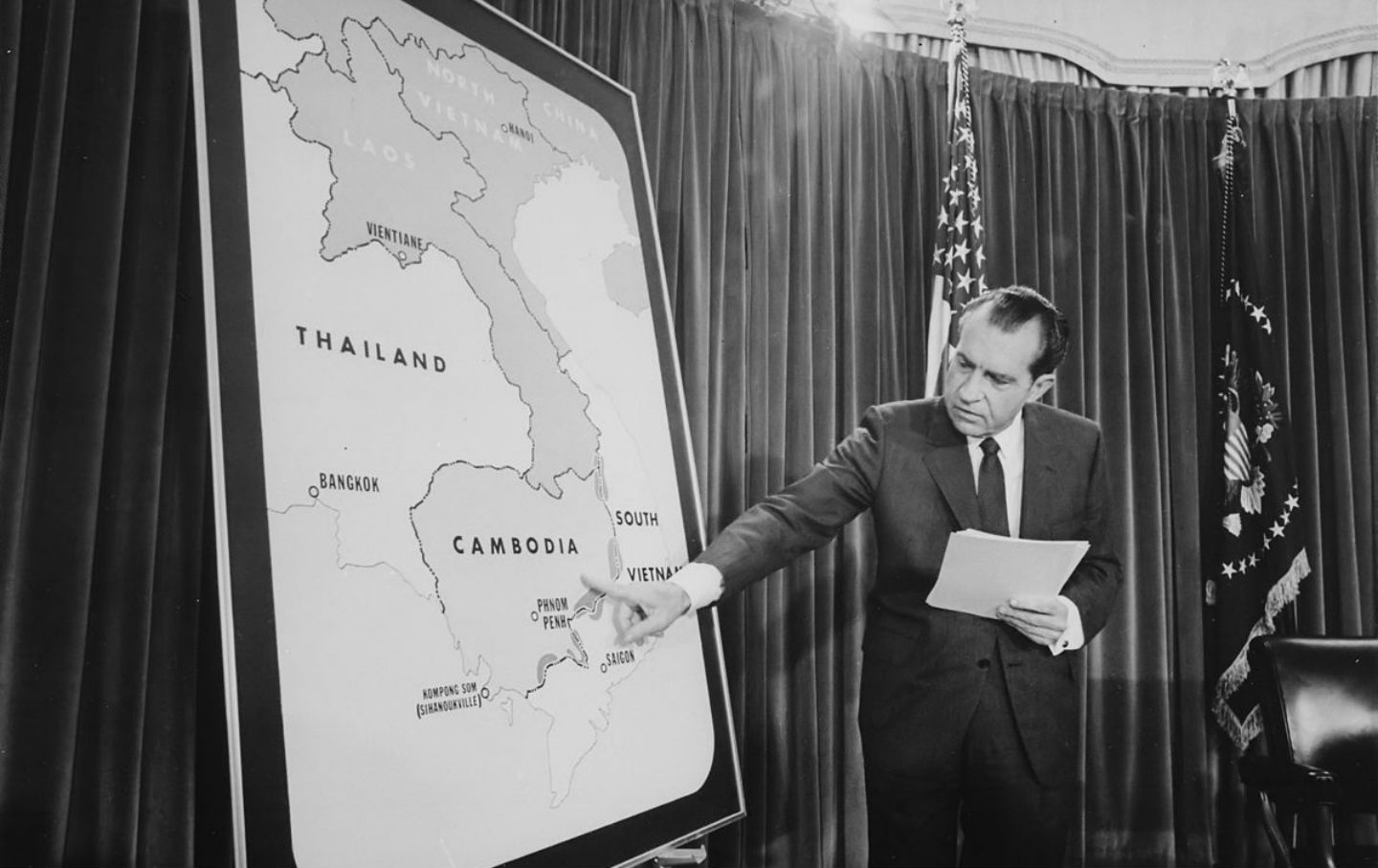
April 28, 1970: President Richard Nixon Approves a US Invasion of Cambodia April 28, 1970: President Richard Nixon Approves a US Invasion of Cambodia
“The decisive confrontation between the constitutionalists who want peace and the militarists who want war is close at hand.”
Apr 28, 2015 / Richard Kreitner and The Almanac
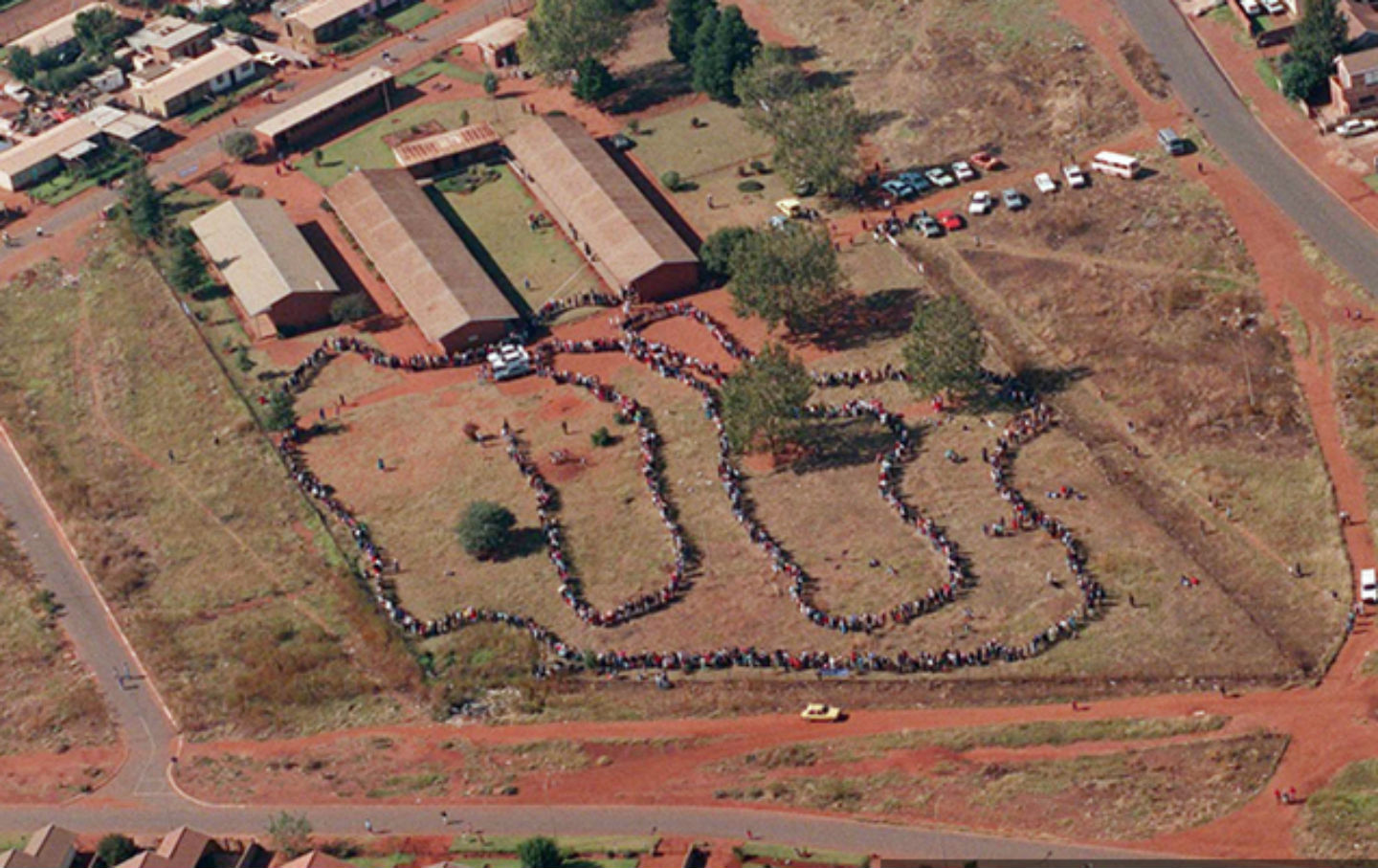
April 27, 1994: South Africa Holds Its First Free Election After the End of Apartheid April 27, 1994: South Africa Holds Its First Free Election After the End of Apartheid
"It was as if all South Africans, black, white and “coloreds” alike, were voting for the first time in their lives."
Apr 27, 2015 / Richard Kreitner and The Almanac
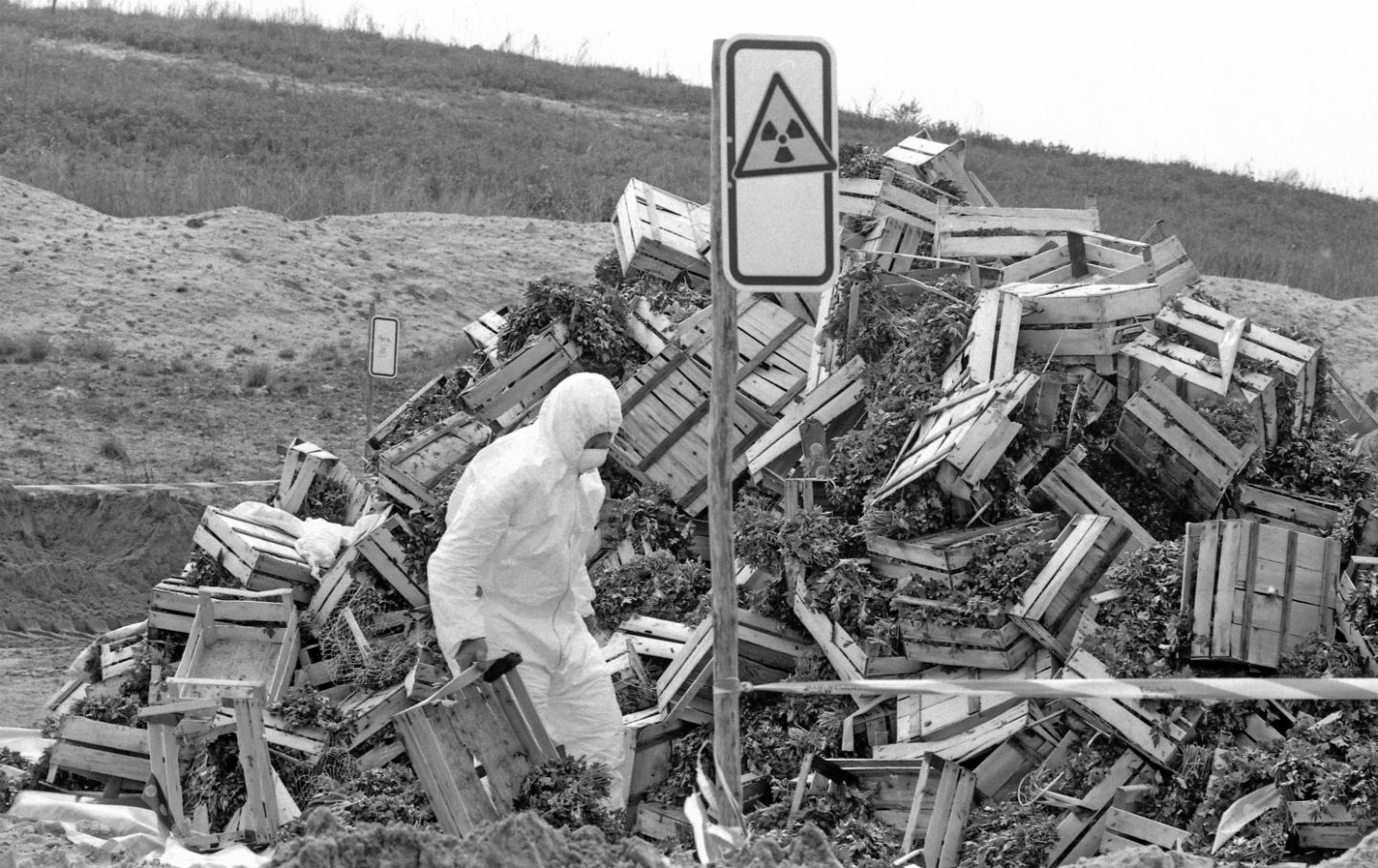
April 26, 1986: Catastrophic Nuclear Accident at Chernobyl April 26, 1986: Catastrophic Nuclear Accident at Chernobyl
A series of explosions and fires at the nuclear plant in Chernobyl caused a massive plume of fallout to spread across Russia and Europe, leading to dozens of deaths of immediate deaths, thousands of additional radiation-caused fatalities, and hundreds of thousands of evacuations. In an editorial (May 10, 1986), The Nation heralded what it hoped would be the beginning of the end of the age of nuclear power. Alas, we yet await the nuclear disaster that will finally convince people around the world that it may be time for a change. The Chernobyl accident is, by early accounts, the worst to date, and it is very bad news for the Russians, who handled it poorly from the start. But it is also bad news for the scores of other countries where reactors are already working or under construction or planned. Whatever the weather patterns, we are all downwind from Chernobyl…. The politics of nuclear power will surely produce attempts to stop the spread of new plants and perhaps curb the proliferation of weapons as well. Already Sweden plans to phrase out its nuclear industry by the early twenty-first century. In 1978 Austrians voted to bar a completed facility from going on line. Only citizen-based environmental action movements have challenged the containment structure of secrecy that the nuclear establishments, both East and West, built to shield their work from the beginning. Activist groups in several American states are fighting the construction or operation of nuclear plants, including the Shoreham station in New York and Seabrook in New Hampshire. Depressed oil prices and exorbitant construction costs are taking their toll. Antinuclear activists always said that it would take a major accident to convince the world that atomic power is unsafe in any form. At Chernobyl we may have witnessed the dawn of the postnuclear age. April 26, 1986 To mark The Nation’s 150th anniversary, every morning this year The Almanac will highlight something that happened that day in history and how The Nation covered it. Get The Almanac every day (or every week) by signing up to the e-mail newsletter.
Apr 26, 2015 / Richard Kreitner and The Almanac
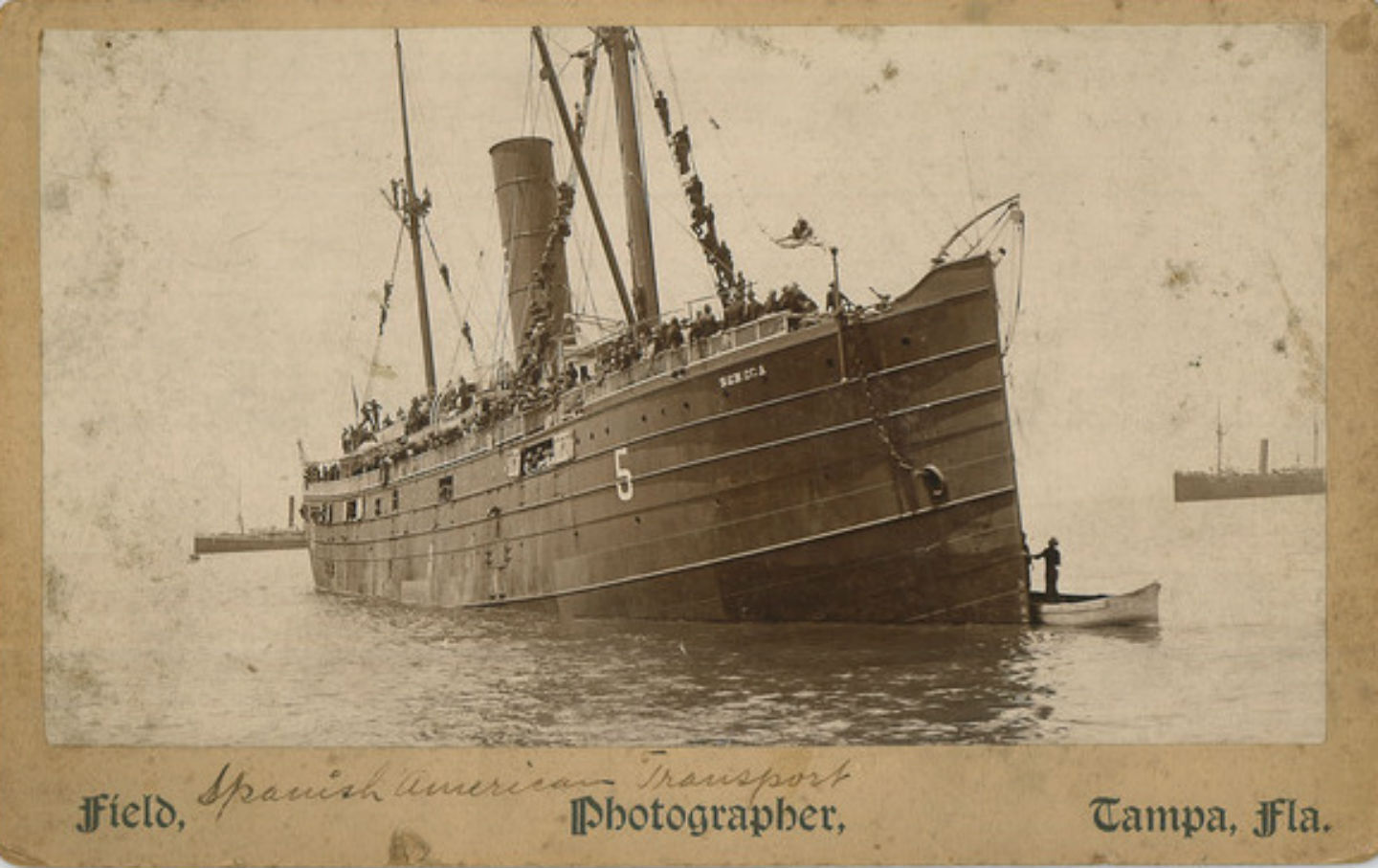
April 25, 1898: The US Declares War on Spain April 25, 1898: The US Declares War on Spain
“Are there no gentlemen left in in American public life?”
Apr 25, 2015 / Richard Kreitner and The Almanac
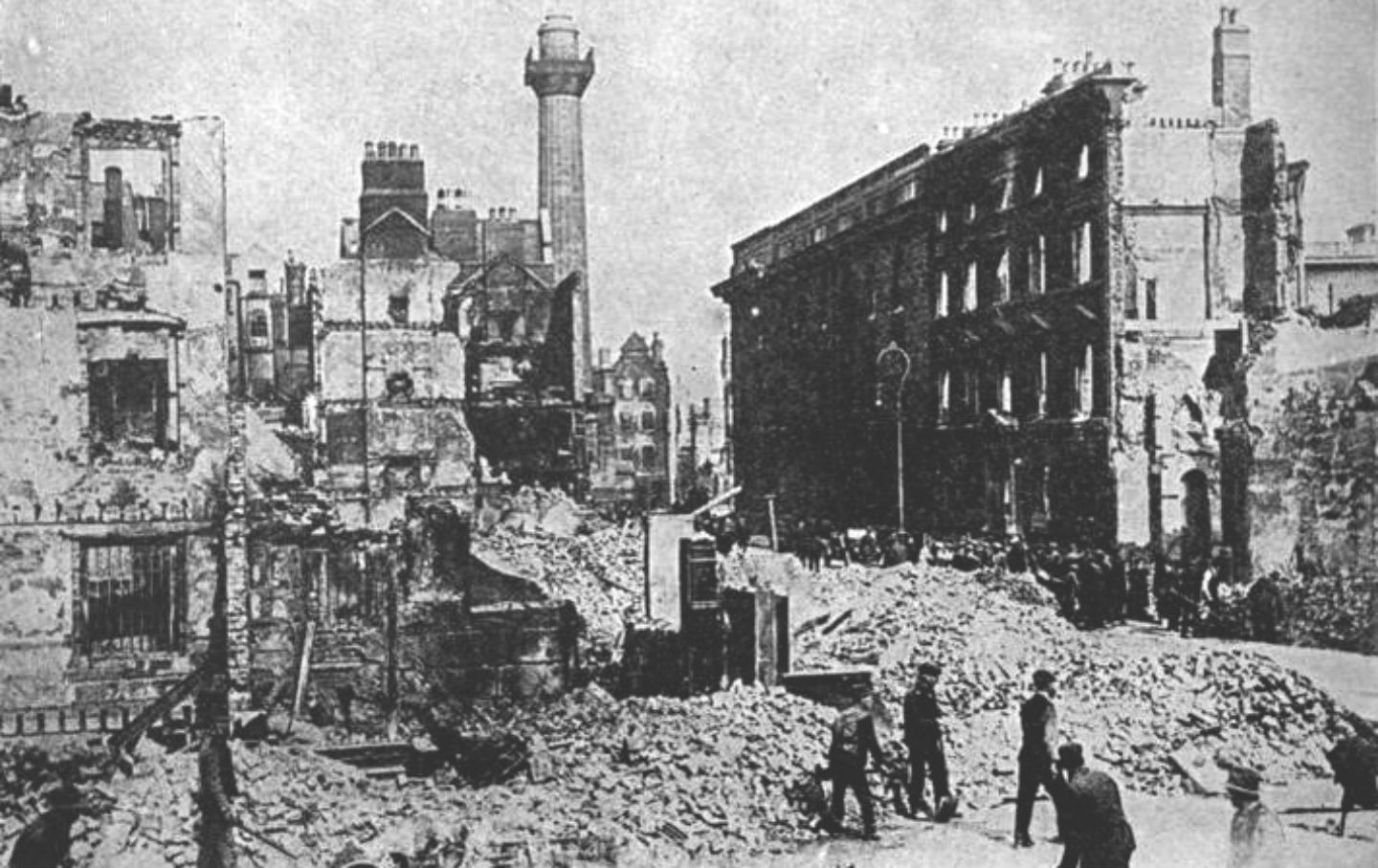
April 24, 1916: The Easter Rebellion Begins in Ireland April 24, 1916: The Easter Rebellion Begins in Ireland
“That the recent outbreak was so inept as to be almost idiotic must be evident to the minds of all but the Irishmen who took part in it.”
Apr 24, 2015 / Richard Kreitner and The Almanac

April 23, 1564: William Shakespeare Is Born April 23, 1564: William Shakespeare Is Born
"Art is artifice," a Nation critic once wrote in an essay on Shakespeare. "But the artifices owes its meaning to the fact that it has, here and there, its pertinence...
Apr 23, 2015 / Richard Kreitner and The Almanac

April 22, 1970: Earth Day Is Celebrated For the First Time April 22, 1970: Earth Day Is Celebrated For the First Time
“It is an operation—however well meaning, however many good people involved—that is, at its core, a shuck.”
Apr 22, 2015 / Richard Kreitner and The Almanac
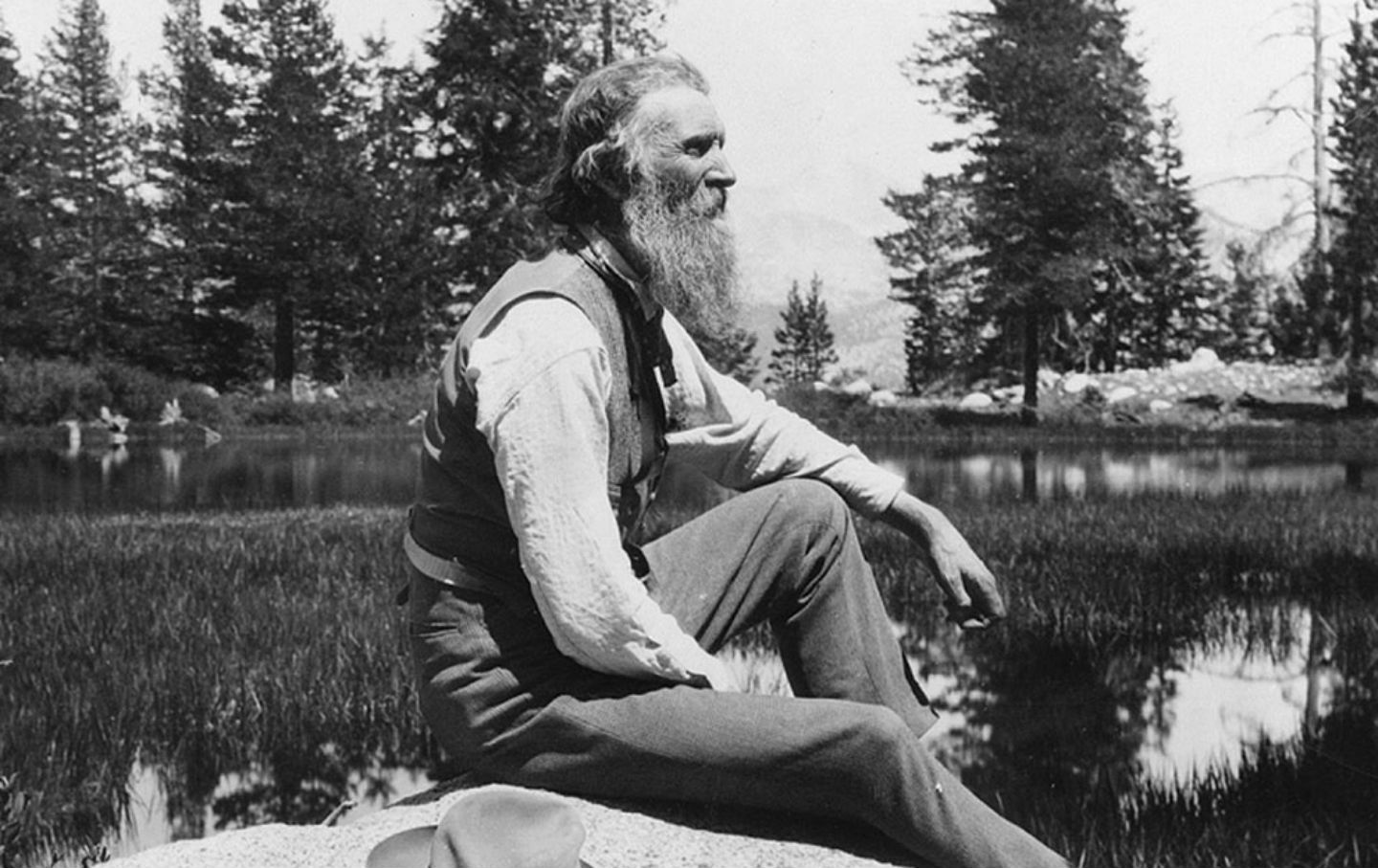
April 21, 1838: John Muir Is Born April 21, 1838: John Muir Is Born
“It is a miracle of literature, this rapture maintained at so high a pitch over so long a time.”
Apr 21, 2015 / Richard Kreitner and The Almanac

April 20, 1889: Adolf Hitler, Letter-Writer to ‘The Nation’, Is Born April 20, 1889: Adolf Hitler, Letter-Writer to ‘The Nation’, Is Born
Notoriously prickly about his press, Hitler wrote in to complain about a minor factual discrepancy.
Apr 20, 2015 / Richard Kreitner and The Almanac

April 19, 1995: The Oklahoma City Bombing, a Vast Right-Wing Conspiracy? April 19, 1995: The Oklahoma City Bombing, a Vast Right-Wing Conspiracy?
"The Oklahoma City bombers were goaded to action not just by their private mad impulses but by a broader political culture."
Apr 19, 2015 / Richard Kreitner and The Almanac
